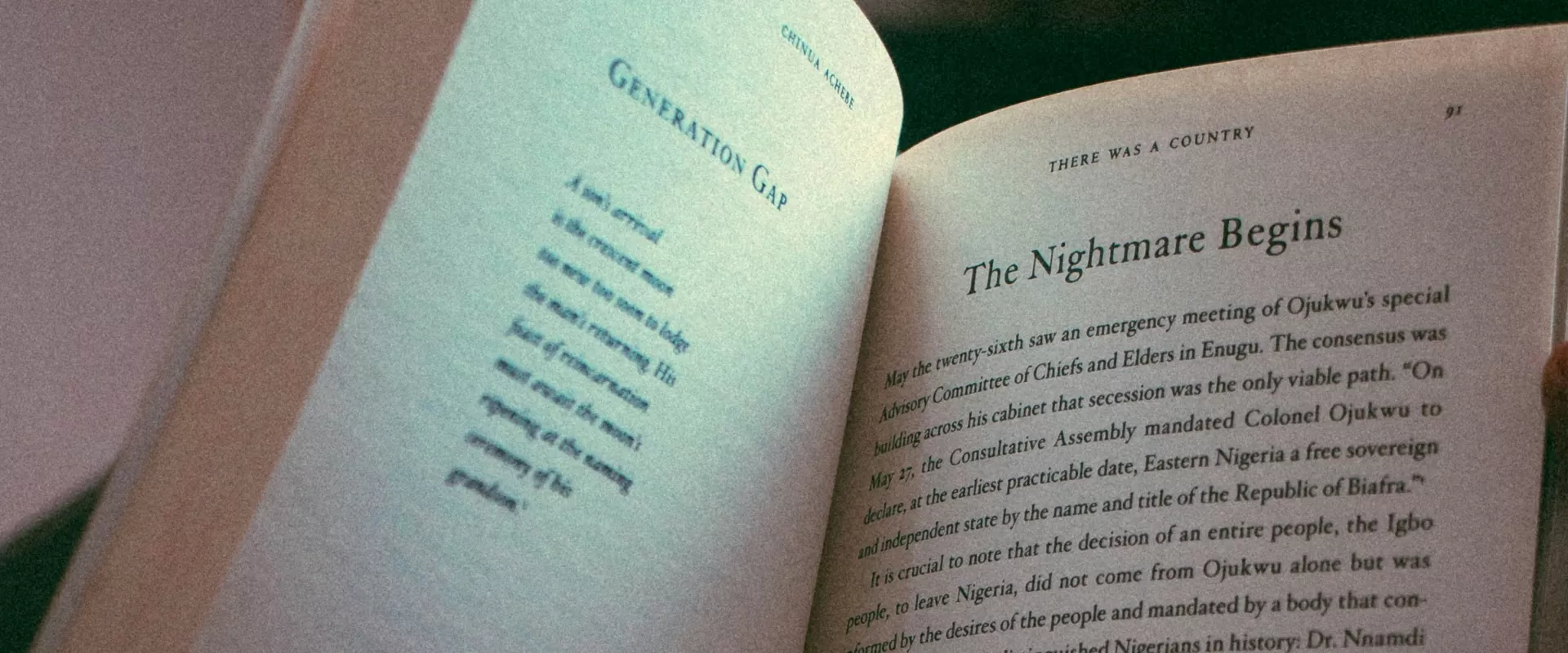The Ripple Effect of Book Bans on the Academy: Why Censorship is a Threat to Higher Education
In recent years, there has been a growing trend of book bans and censorship within higher education. From controversial speakers being disinvited from campus events to books being removed from syllabi, it’s clear that academic freedom is under attack. While this issue may not seem like a pressing concern for some, the truth is that the ripple effect of book bans on the academy can have serious and far-reaching implications for the future of education.
First and foremost, it’s important to understand the role that books play in higher education. Books are not just a means of disseminating information, they are also a tool for critical thinking and intellectual growth. They challenge our beliefs, expand our perspectives, and push us to think outside of the box. By banning or censoring books, we are essentially limiting the scope of knowledge and hindering the development of critical thinking skills in our students.
Furthermore, book bans and censorship create an environment of fear and self-censorship within the academic community. Professors and students may feel hesitant to speak up or explore controversial topics for fear of backlash or punishment. This stifles academic discourse and undermines the very purpose of higher education – to foster an open and inclusive exchange of ideas.
But the consequences of book bans and censorship in higher education go even deeper. They also have a direct impact on the diversity of thought and representation within the academy. By limiting the books that can be taught or discussed, we are essentially silencing marginalized voices and perspectives. This not only goes against the principles of diversity and inclusion, but it also hinders the growth of our students as global citizens.
Moreover, book bans and censorship have a direct impact on the quality of education. By limiting the resources available to students and professors, we are hindering the pursuit of knowledge and academic excellence. This not only puts our students at a disadvantage in terms of their education, but it also damages the reputation of the institution and its ability to attract top talent.
It’s also worth noting that book bans and censorship not only affect individual institutions, but they also have a broader societal impact. Higher education plays a crucial role in shaping the leaders of tomorrow and influencing public discourse. By limiting the books that can be taught and discussed, we are essentially limiting the diversity of ideas and perspectives that are essential for a healthy and vibrant democracy.
In addition, book bans and censorship can also have financial implications for the academy. When books are banned or removed from syllabi, it can result in lost revenue for publishers and authors. This can have a ripple effect on the publishing industry and ultimately lead to a decline in the availability of diverse and thought-provoking literature.
So, what can be done to combat book bans and censorship in higher education? The first step is to recognize and speak out against these threats to academic freedom. It’s important for students, professors, and administrators to come together and advocate for the unrestricted access to knowledge and diverse perspectives. Universities and colleges can also create policies and procedures that protect academic freedom and provide support for those who face censorship.
Furthermore, it’s crucial for academic institutions to promote a culture of critical thinking and open dialogue. This means encouraging students to explore controversial topics and engage in respectful debates. It also means creating a safe and inclusive environment where all voices and perspectives are welcome.
In conclusion, book bans and censorship in higher education have serious and far-reaching implications for the future of education, diversity, and democracy. It’s not just about the books that are being banned or censored, it’s about the values and principles that are at stake. As members of the academic community, it’s our responsibility to stand up for academic freedom and ensure that our institutions continue to thrive as centers of knowledge, diversity, and critical thinking. Let’s work together to create a future where the ripple effect of book bans on the academy is a thing of the past.

